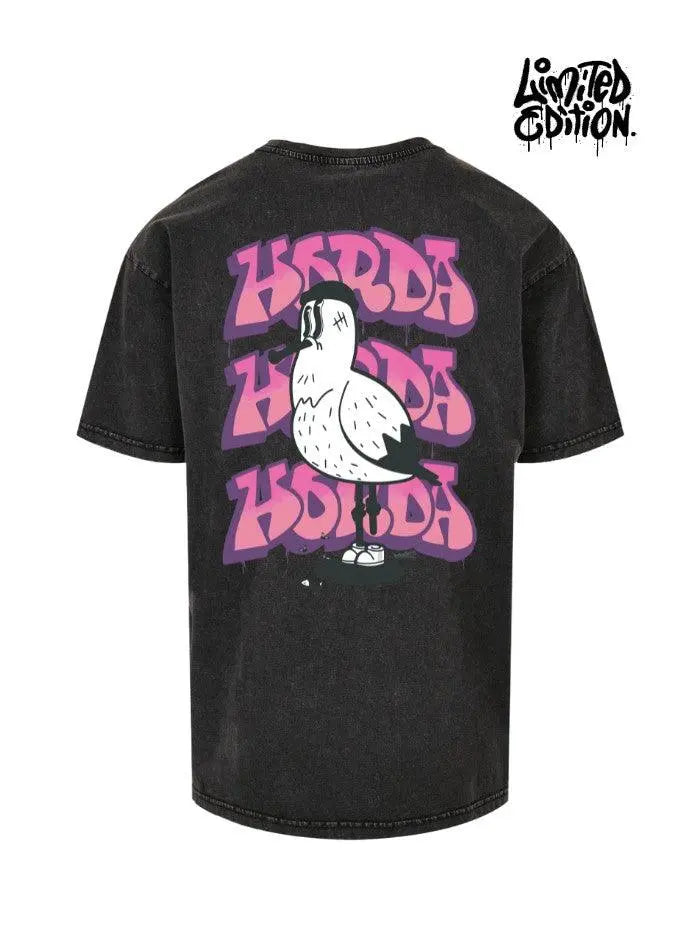T-shirt history and why are they called that?
T-shirts are an essential piece of clothing in almost every person's wardrobe. This versatile and comfortable garment has been a staple of casual fashion for decades, but have you ever wondered why they're called t-shirts? In this article, we'll explore the origins of the term, the history of the garment, and its cultural impact. We'll also analyze how t-shirts have evolved over time, adapting to various trends and becoming a means of personal expression.
Origins of the Term "T-Shirt"
The "T" Shape
The simplest explanation for the name "t-shirt" is its shape. When laid flat, a t-shirt resembles the letter "T." This simple design, with a rectangular body and short sleeves that extend perpendicularly, is the basis of the name. But there's much more to this common garment.
The Evolution of Design
T-shirts, as we know them today, originated from the undergarments worn in the late 19th and early 20th centuries. These garments were often long-sleeved and worn as underwear. Over time, the need for lighter, less bulky garments led to the creation of short-sleeved versions, which eventually became popular among workers and the military for their practicality.
History of T-Shirts
The Military Origins
T-shirts were first adopted by the U.S. military as part of standard clothing during World War I. American soldiers, observing European forces wearing lightweight T-shirts under their uniforms, began to do the same. This led to the widespread adoption of the T-shirt among civilians once the soldiers returned home.
Popularity among Workers
In the 1920s and 1930s, T-shirts became popular among manual laborers and farmers. They were prized for their simplicity, comfort, and ease of care. This garment quickly became synonymous with casual and practical clothing.

